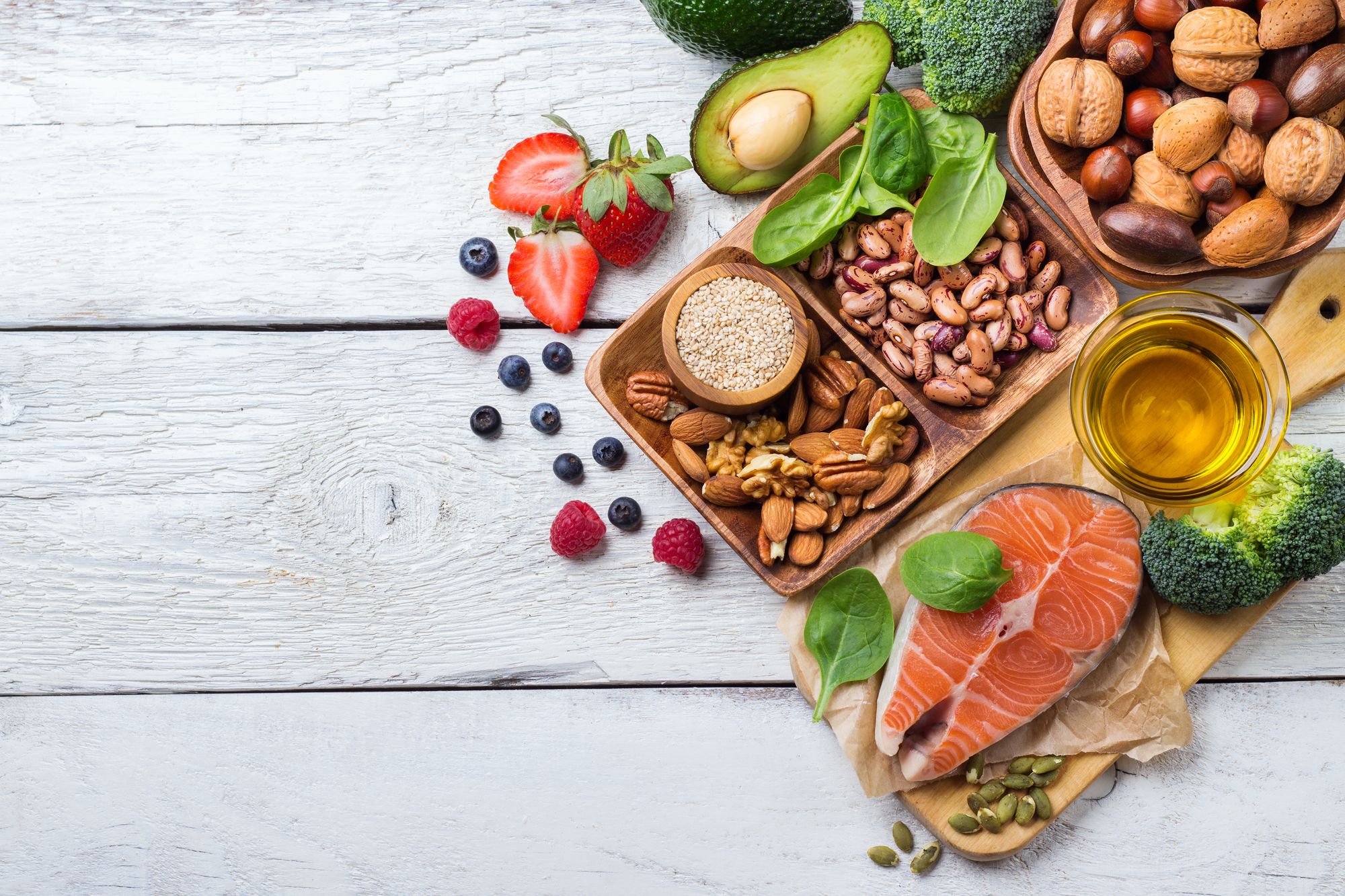Your diet has a direct impact on your risk of developing type 2 diabetes, so it's important to make a habit of reducing your sugar intake. According to the National Institutes of Health, over 10% of Americans have diabetes, and another 34.5% have prediabetes. Insulin resistance, which occurs when your body can't efficiently use glucose for energy, often leads to type 2 diabetes.
Type 2 diabetes is associated with several serious health conditions, such as obesity, cardiovascular disease, nonalcoholic fatty liver, and dementia. To prevent diabetes, it's important to establish healthy eating habits. Instead of focusing on cutting out carbs and sugars from your diet, aim to eat in a way that prevents diabetes while still enjoying the foods you love.
Many nutrition experts recommend the most crucial eating habit for avoiding diabetes is to eat a balanced diet that is rich in fruits, vegetables, whole grains, lean proteins, and healthy fats. This approach can help you maintain a healthy weight, improve your insulin sensitivity, and reduce your risk of developing type 2 diabetes.
Adopt Eating Habits to Prevent Diabetes

Registered dietitian nutritionist Wendy Bazilian and registered dietitian Catherine Sebastian both agree that following the optimal diet for people with diabetes is a healthy way to maintain stable blood sugar levels, which is critical for optimal metabolic health. Eating habits that result in uneven blood sugar spikes, such as skipping meals and eating heavily at dinner, increase the risk of developing diabetes. However, it is unnecessary to eliminate carbohydrates entirely from your diet; instead, you should consume carbohydrates that contain fiber and always include a source of protein in your meals. It is also essential to have a balance of the three macronutrients, including fat, to ensure that you are getting the nutrients and fiber that slow the absorption of sugars into the bloodstream and promote satiety. Eating this way not only supports heart health, reduces inflammation, prevents weight gain and obesity, and reduces the risk of certain cancers but is also a doable and logical approach to healthy eating.
Ways to Begin Implementing a New Habit
Creating a habit of eating like someone with diabetes can be difficult, as with any habit-forming process. The initial step is to commit to your health and well-being before introducing any alterations to your daily routine, according to Nick Frye, MS, a licensed clinical professional counselor and behavioral counseling manager at OPTAVIA, a weight loss and health coaching organization.
The first move is to identify your "why," which Frye refers to as the fundamental decision. "It's a mindful commitment to finding and following your north star. It's a shift in perspective that establishes the direction and basis for future action. All subsequent habits are created in the service of your fundamental decision."
If, for example, adopting the habit of eating like a diabetic is your goal, the first step is to determine what you want to achieve with that habit. If your goal is to "optimize your health and prevent diabetes," personalize it with something that is emotionally significant to you, such as "so I can be healthy enough to dance at my granddaughter's wedding in 20 years."
Frye advises being "mindful and intentional" in becoming the author of your own story. He also suggests that skipping this mental exercise and leaping too quickly into action may lead to temporary success but long-term failure.
Next step: taking baby steps

Have you heard of Newton's First Law of Motion? It states that an object at rest will stay at rest unless acted upon by an external force. This principle also applies to creating new habits, as you need to start moving and continue to move to establish a routine. Nick Frye, a licensed clinical professional counselor and behavioral counseling manager for OPTAVIA, suggests beginning with small, repeatable behaviors called micro-habits. These tiny actions can have a significant impact and pave the way for sustainable change.
To start eating like a diabetic, the American Diabetes Association website and other resources provide helpful advice. But before anything else, it is crucial to incorporate these micro-habits into your daily routine and see where they lead you.
The Importance of Eating within the First Hour of Waking Up
According to Carly Knowles, MS, RDN, a registered dietitian nutritionist with Organic Valley, an independent cooperative of organic farmers, "breaking your fast" by eating something within the first hour of waking up is crucial. It's not about what you eat, but that you eat something. This sets a mindset shift that food is a priority and helps you eat for energy in the morning.
Knowles has experience working with women who have gestational diabetes, and she recommends this practice to them. If you don't eat anything in the morning, you might experience a blood sugar crash before lunch, which can cause brain fog, cravings, and binge eating. Therefore, it's essential to put something in your mouth within the first hour of waking up, even if it's just a few spoonfuls of yogurt or five almonds.
Go Half and Half
For those struggling to switch from white bread to 100% whole wheat, a half and half approach may be the solution. According to Elana Natkier, MS, RD, a registered dietitian and consultant to the Grain Foods Foundation, you can make half of your daily grain intake whole grains and the other half enriched, refined grains.
Natkier explains that eating enriched bread will not increase your risk of diabetes and will provide added nutrients like iron, folate, vitamin A, and thiamine. A 2019 analysis of studies in Advances in Nutrition supports this approach, finding no association between refined grain intake and the risk of type 2 diabetes when comparing the highest and lowest intake groups.
Take a Stand
Incorporating the micro-habit of standing up after finishing a meal can be beneficial, according to Dr. Wendy Bazilian, a registered dietitian and author. By standing up, it signals to your brain that the meal is complete and starts the process of digestion. This can also help your cells receive blood sugar. Dr. Bazilian suggests taking it a step further and going for a walk after every meal. Research published in Sports Medicine showed that just two minutes of walking after a meal can improve blood sugar levels compared to sitting or lying down.
Drink This
Drinking a glass of water before meals can be a helpful way to curb hunger and prevent overeating. According to Bazilian, consuming excess food can lead to imbalanced blood sugar levels and cause harm to overall health, especially if there is an overconsumption of any one macronutrient.

